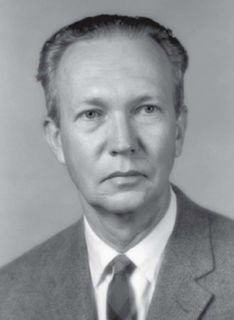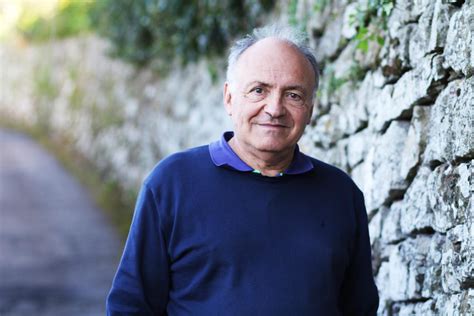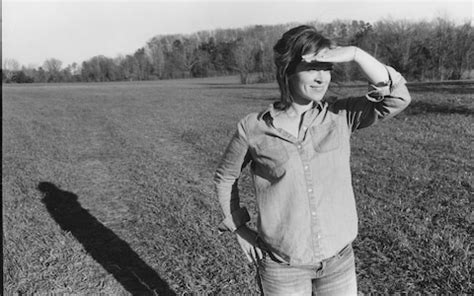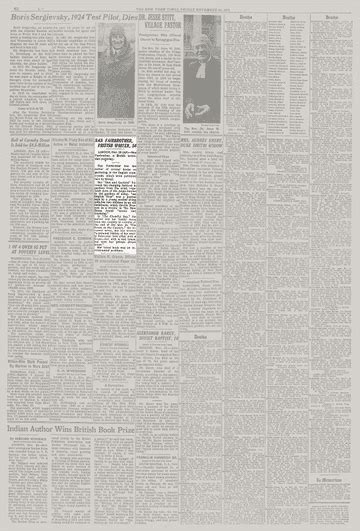A Quote by Howard Evans
I do believe that an intimacy with the world of crickets and their kind can be salutary - not for what they are likely to teach us about ourselves but because they remind us, of we will let them, that there are other voices, other rhythms, other strivings and fulfillments than our own.
Related Quotes
Something similar happens on the other side of the equation: Giving kindness does us as much good as receiving it. . . . The true benefit of kindness is being kind. Perhaps more than any other factor, kindness gives meaning and value to our life, raises us above our troubles and our battles, and makes us feel good about ourselves.
We have to learn to remind the other parents who think we're being careless when we loosen our grip that we are actually trying to teach our children how to get along in the world, and that we believe this is our job. A child who can fend for himself is a lot safer than one forever coddled, because the coddled child will not have Mom or Dad around all the time, even though they act as if he will.
It is possible to move through the drama of our lives without believing so earnestly in the character that we play. That we take ourselves so seriously, that we are so absurdly important in our own minds, is a problem for us. We feel justified in being annoyed with everything. We feel justified in denigrating ourselves or in feeling that we are more clever than other people. Self-importance hurts us, limiting us to the narrow world of our likes and dislikes. We end up bored to death with ourselves and our world. We end up never satisfied.
I think the primary gift of the animal is offered to writer and non-writer alike; they teach us about love, or attunement, which is love in action. A lot of people have closer relationships with animals than they do with other humans, because real intimacy requires both parties to consistently lean in, and animals are so good at this. They remain consistently, amazingly attuned to us, even when we fail them, and so we stay present, because we sense we're safe.
I won't say he [Shakespeare] 'invented' us, because journalists perpetually misunderstand me on that. I'll put it more simply: he contains us. Our ways of thinking and feeling-about ourselves, those we love, those we hate, those we realize are hopelessly 'other' to us-are more shaped by Shakespeare than they are by the experience of our own lives.
We forgive, if we are wise, not for the other person, but for ourselves. We forgive, not to erase a wrong, but to relieve the residue of the wrong that is alive within us. We forgive because it is less painful than holding on to resentment. We forgive because without it we condemn ourselves to repeating endlessly the very trauma or situation that hurt us so. We forgive because ultimately it is the smartest action to take on our own behalf. We forgive because it restores to us a sense of inner balance.
I can remember saying again and again and again, "A terrible thing has happened, but this should be a kind of wake-up call for our country, and we have a great opportunity now to reinvent ourselves. To rethink our position about oil and energy, to rethink our relationship with other cultures and other countries, and why other people want to attack us."
Instead of loving a God, we love each other. Instead of the religion of the sky-the religion of this world-the religion of the family-the love of husband for wife, of wife for husband-the love of all for children. So that now the real religion is: Let us live for each other; let us live for this world without regard for the past and without fear for the future. Let us use our faculties and our powers for the benefit of ourselves and others, knowing that if there be another world, the same philosophy that gives us joy here will make us happy there.
Traveling through the world produces a marvelous clarity in the judgment of men. We are all of us confined and enclosed within ourselves, and see no farther than the end of our nose. This great world is a mirror where we must see ourselves in order to know ourselves. There are so many different tempers, so many different points of view, judgments, opinions, laws and customs to teach us to judge wisely on our own, and to teach our judgment to recognize its imperfection and natural weakness.




































